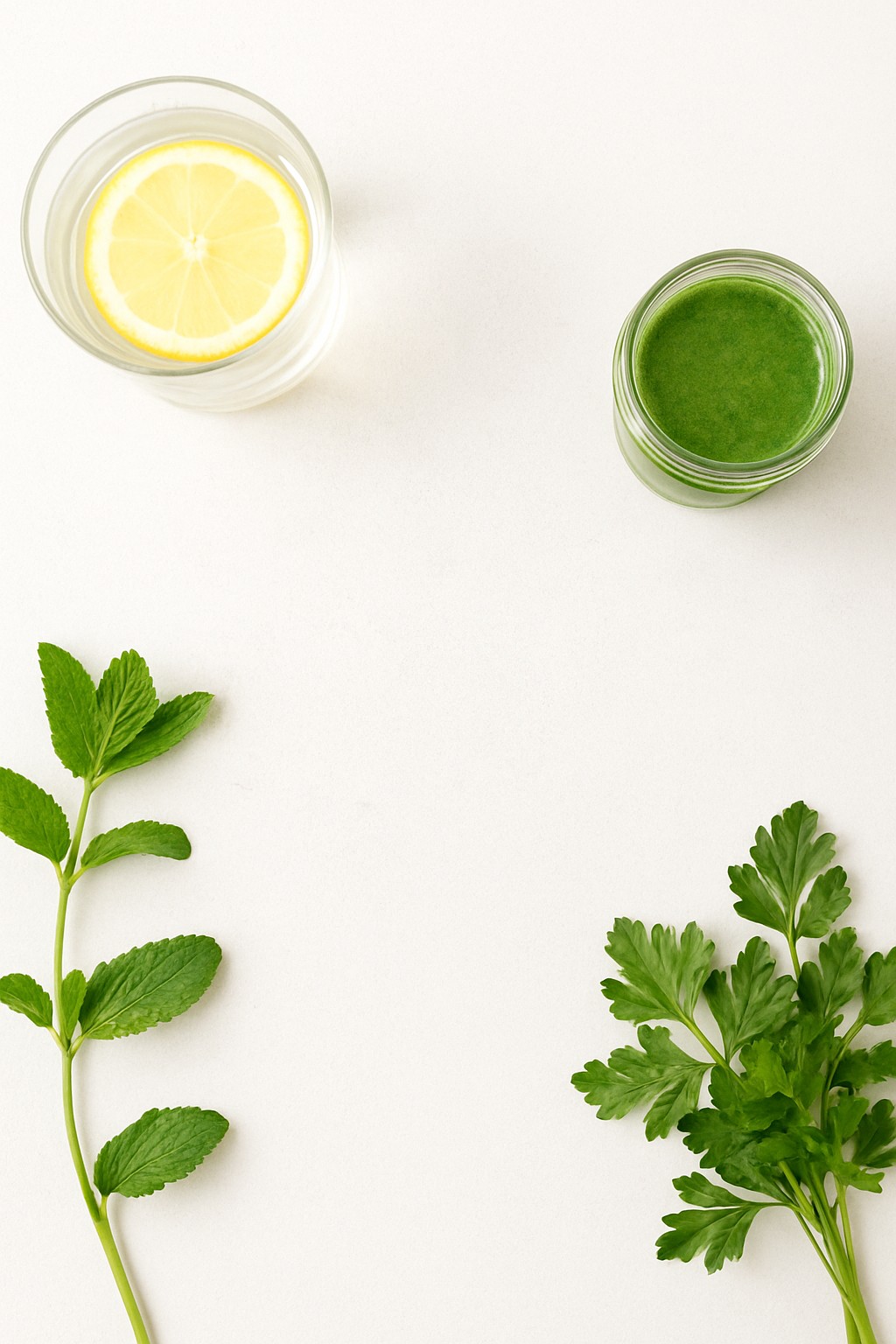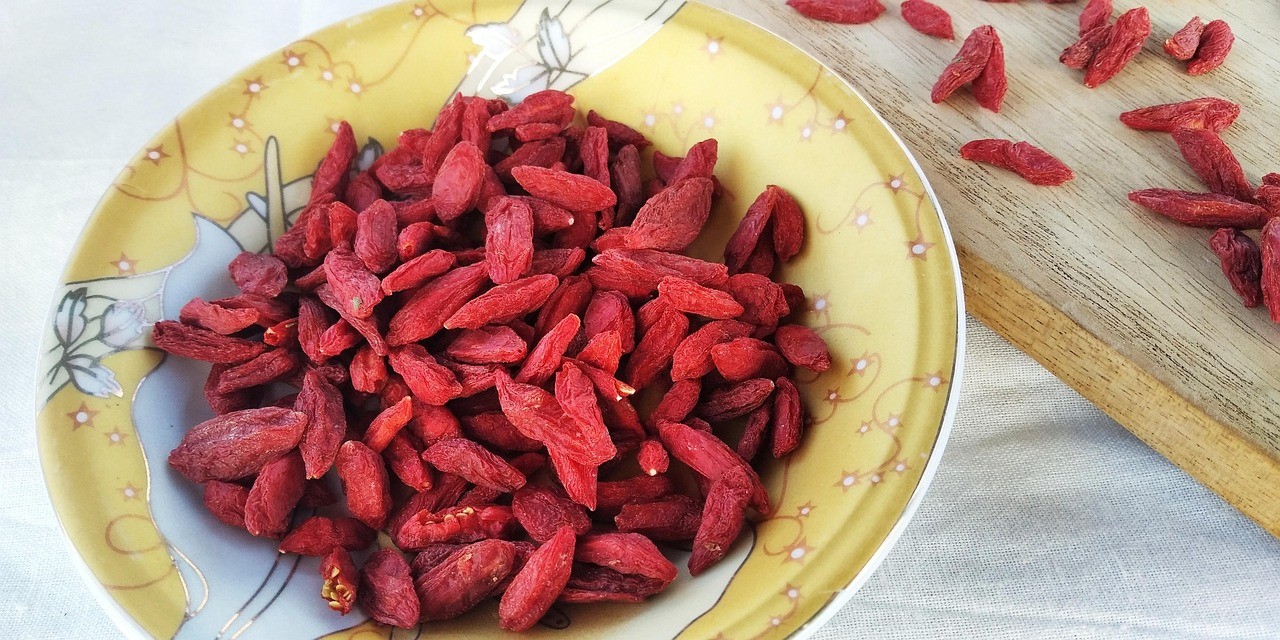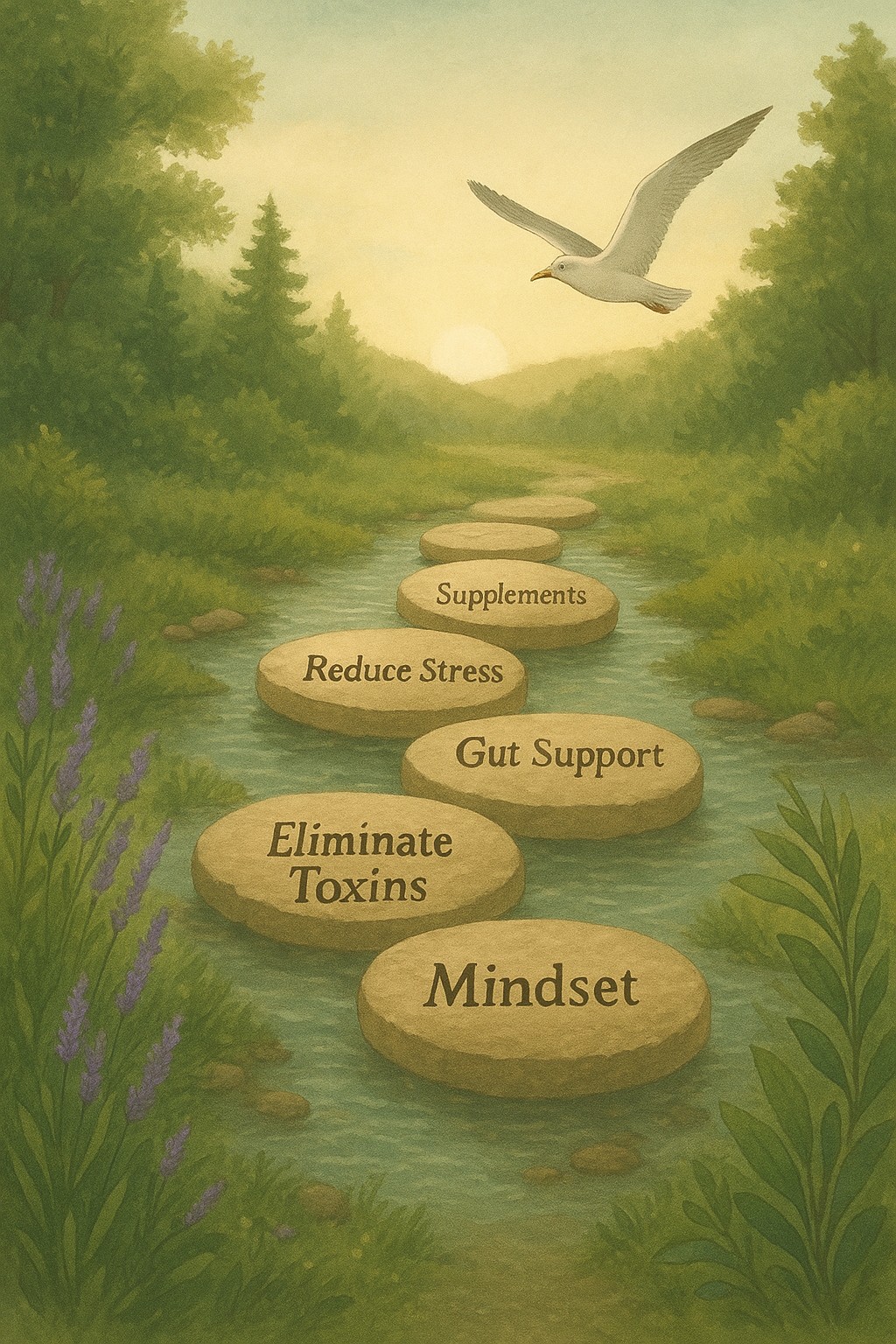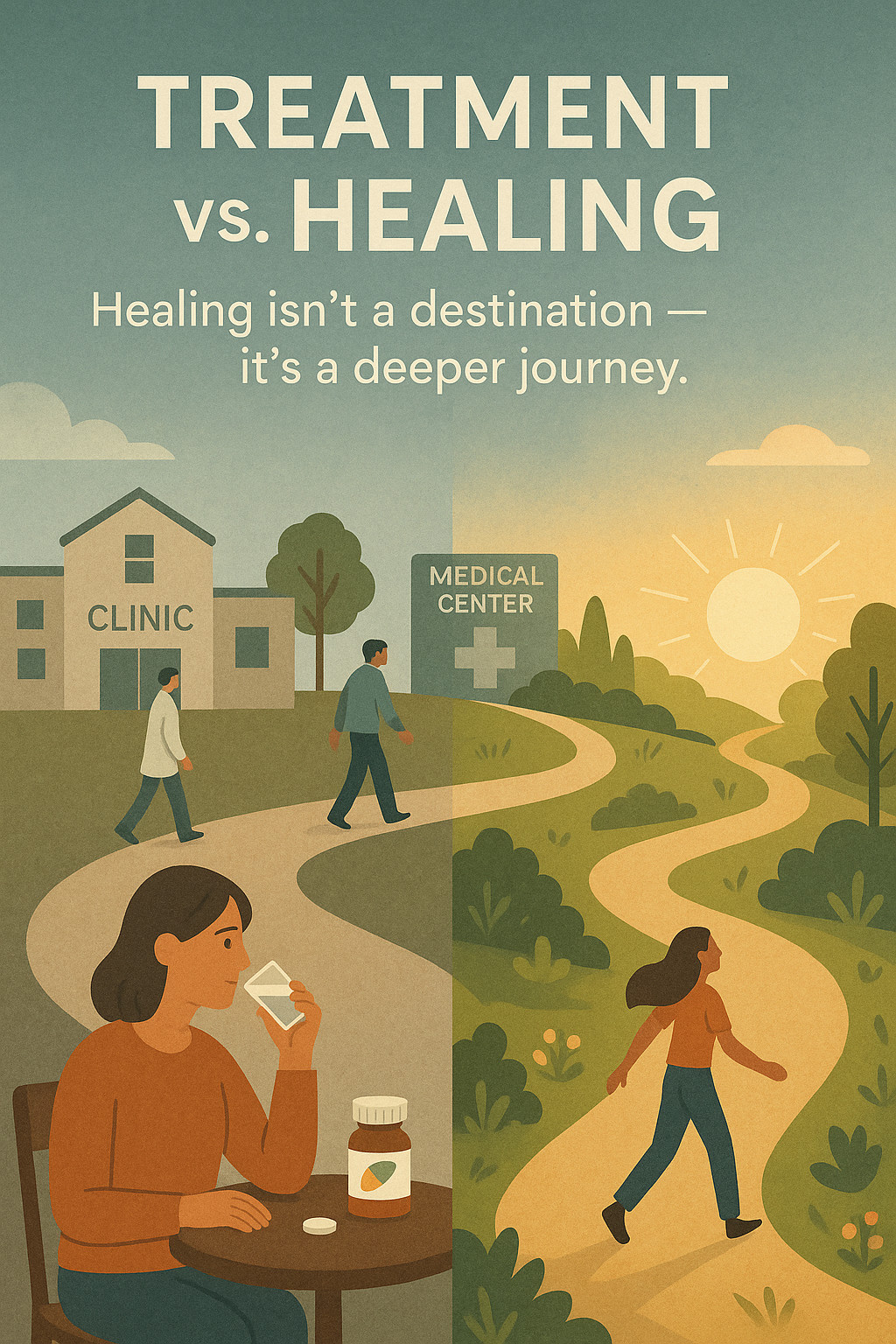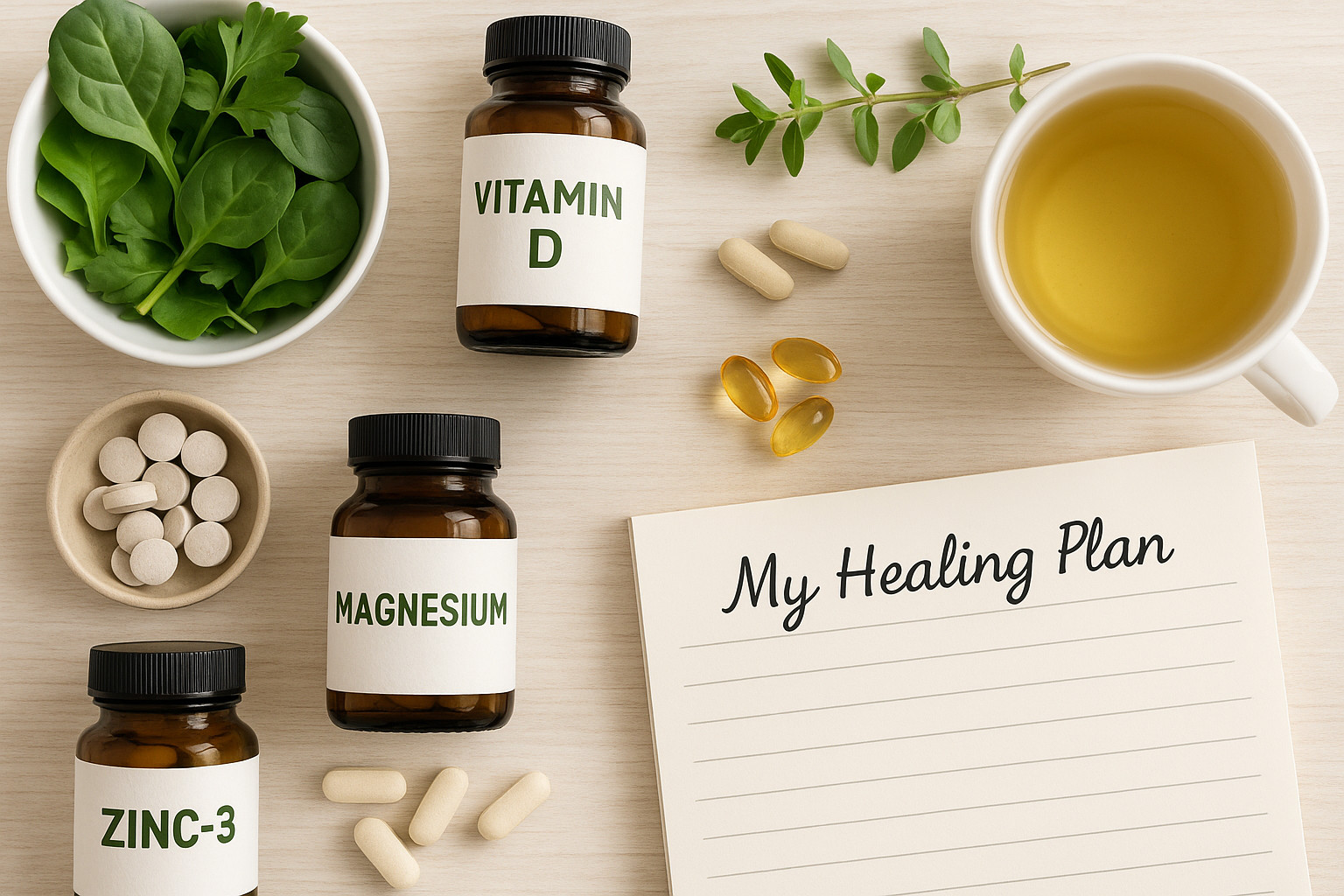
Looking for Natural Ways to Increase Platelets with ITP?
If you’ve been diagnosed with ITP (Immune Thrombocytopenia), a common question is: “What supplements can I take to increase my platelet count naturally?”
As someone who has personally experienced ITP remission and supported many others on this journey, I want to start with this foundational truth:
Supplements Should Not Be Your First Step.
It’s tempting to try a new pill or powder in hopes of a quick platelet boost. But long-term healing starts with lifestyle. Supplements are most effective when combined with:
- Nutrient-rich, anti-inflammatory foods
- Reducing chronic inflammation
- Supporting gut and liver detox pathways
- Removing hidden toxins in your home
- Managing emotional and physical stress
These are the pillars that helped me achieve long lasting remission—and they can support you, too.
Best Supplements for ITP and Immune System Health
Here are some top supplements that may support people with ITP and low platelet counts. Always consult with your healthcare provider before adding anything new to your routine.
☀️ Vitamin D for ITP
- Benefits: Supports immune balance and platelet production.
- Check: Have your vitamin D levels tested. Aim for 50–80 ng/mL.
- Note: It’s fat-soluble, so don’t overdo it without supervision.
💪 Vitamin C to Strengthen Platelets
- Benefits: Boosts immunity and helps maintain healthy blood vessels.
- Sources: Citrus fruits, bell peppers, kiwi, or 500–1000 mg/day supplements.
- Watch out: Too much may cause digestive upset.
🧠 B12 & Folate (Methylated B Vitamins)
- Benefits: Crucial for DNA repair, red blood cell formation, and immune function.
- Tip: Look for methylcobalamin and methylfolate.
🧬 Zinc for Immune Function
- Benefits: Short-term support for the immune system and wound healing.
- Dosage: 15–30 mg/day.
- Caution: Prolonged use may lower copper levels.
🥬 Iron (Only If Deficient)
- Benefits: Helps with energy if you have low ferritin or anemia.
- Important: Supplement only with confirmed deficiency.
🧪 Omega-3 Fatty Acids (Fish Oil)
- Benefits: Lowers inflammation and supports immune health.
- Caution: Can thin the blood at high doses—check with your doctor. Tip - try adding foods that contain Omega-3 if you are concerned about taking a separate supplement.
🌿 Chinese Herbal Remedies for ITP
- Why consider them: Under the guidance of a trained practitioner, they can support immune regulation & platelet health.
- Personal note: Chinese herbs were a vital part of my healing path to remission. I've included a link at the end if you'd like more information on this topic.
Goji Berries (Wolfberries)
- Why consider them: Research suggests that the polysaccharides in goji berries (Lycium barbarum), often called LBP, may help support platelet health. In a mouse model of ITP, these polysaccharides were shown to increase platelet counts and reduce oxidative stress — which is meaningful because oxidative damage can worsen platelet destruction in ITP. Beyond platelet support, goji berries also have immunomodulatory benefits: they appear to help balance immune activity by influencing cytokines and boosting certain immune-cell functions.
- Personal note: I've been using goji berries (both dried berries and pureed in juice form) for over ten years. They are a part of my daily wellness routine and have helped me support my immune system, as I don't have a spleen.
To read more about how I use goji berries in my daily wellness routine (and why I include them in my 14 Day Reset), check out my article on wolfberries and platelet health.
Supplements to Avoid with ITP or Use with Caution
Some herbs and natural remedies can interfere with platelet function or increase bleeding risk. Be cautious with the following:
🌿 Turmeric / Curcumin
- Why be cautious: Mixed evidence—some studies suggest it supports healthy platelets, others indicate it may impair platelet function. You may want to check out the research and decide for yourself.
🌿 Ginkgo Biloba
- Why be cautious: May increase bleeding risk.
🌿 White Willow Bark
- Why avoid it: Acts similarly to aspirin; generally not safe for those with ITP.
Final Thoughts: Lifestyle First, Supplements Second
If you're navigating ITP, remember: You don’t have to figure everything out overnight. You are not behind. You are right on time for your healing journey.
Supplements can help, but they aren’t the whole story. Your best chance at remission and lasting health comes from rebuilding the foundations—nutrition, detox, rest, emotional peace, and spiritual strength.
You’ve got this. Healing is possible.
💬 Get More Support on Your ITP Journey
Join my free Facebook group: Platelets, Plants, and Prayers — a supportive community for people with ITP looking for natural healing.
Explore helpful resources created with you in mind:
- ✅ ITP Guide that outlines my entire healing process: ITP GUIDE
- ✅ Chinese Herbal Medicine for ITP: Chinese Herbs as a Treatment for ITP
- ✅ Meal Planning Masterclass: Autoimmune Meal Planning Made Easy
Keep learning. Keep believing. Healing is possible.

Fatigue is one of the most common and misunderstood symptoms of ITP (Immune Thrombocytopenic Purpura). For many warriors, it becomes one of the hardest challenges to navigate. It’s not the kind of tiredness that a nap or a full night’s sleep can solve. Instead, it’s a deep, lingering exhaustion that feels like it’s always present. Understanding why fatigue is so prevalent in ITP and knowing how to manage it can empower warriors to take control of their energy levels and improve their quality of life.
Why It’s Not “Just Being Tired”
Unlike everyday tiredness that usually responds well to sleep, ITP-related fatigue is multifaceted and often persistent. It’s a chronic exhaustion tied to both physical and emotional factors. For many, it feels like a never-ending battle, even after a full night of sleep. This type of fatigue can affect everything from mental clarity to physical stamina, making daily tasks feel like monumental efforts.
The Key Causes of Fatigue in ITP
Several interconnected factors contribute to why ITP warriors experience chronic fatigue:
- Inflammation: ITP is an autoimmune condition that leads to chronic inflammation. The immune system’s attack on platelets releases inflammatory chemicals that drain your energy reserves.
- Medication Side Effects: Treatments like steroids (e.g., prednisone) and immunosuppressants can cause fatigue by disrupting sleep, weakening muscles, and depleting the body’s energy over time.
- Low Platelet Count: Platelets help with blood clotting. When low, they strain the body, requiring more energy to function.
- Emotional Toll: Anxiety, stress, and depression related to chronic illness can emotionally exhaust you, leading to further fatigue. Studies show that the psychological burden of chronic illness can drain your body’s energy reserves.
- Sleep Disturbances: Chronic illness, stress, and medications interfere with sleep, making it harder to restore your energy.
Physical vs. Emotional Exhaustion
Fatigue with ITP isn’t just physical—it’s emotional, too. Recognizing both types of exhaustion is key to understanding how to manage them.
Physical Exhaustion
- Weakness in the limbs
- Difficulty concentrating or staying awake
- Persistent tiredness even after rest
Emotional Exhaustion
- Feelings of overwhelm or hopelessness
- Increased anxiety about treatment or long-term health
- Lack of motivation to engage in daily tasks
Both types of fatigue require a holistic approach to manage.
Managing Fatigue: Nutrition, Rest, and Pacing
Managing fatigue with ITP requires more than just sleep. It’s about a strategic approach that includes nutrition, rest, and energy management.
Nutrient-Dense Foods for Sustained Energy
Eating the right foods fuels your body and helps manage fatigue:
- Anti-inflammatory foods: Leafy greens, berries, fatty fish like salmon, and turmeric can reduce chronic inflammation that contributes to fatigue.
- Protein and healthy fats: Protein-rich foods (chicken, eggs, beans) and healthy fats (avocados, olive oil, nuts) help stabilize blood sugar and provide consistent energy.
- Iron-rich foods: ITP warriors often face low iron levels. Include spinach, lentils, and lean meats to boost energy.
Rest and Pacing
- Rest cycles: Take short breaks throughout the day to prevent burnout.
- Pacing: Break tasks into smaller steps and pace yourself to avoid overexertion.
Sleep Hygiene
Prioritize quality sleep by maintaining a consistent bedtime routine and creating a peaceful sleep environment. Avoid caffeine and heavy meals before bed, and try incorporating a relaxation technique (such as deep breathing or gentle stretching) before sleep.
Research-Based Strategies for Managing Fatigue in ITP Warriors
Several studies support strategies that help ITP warriors manage fatigue effectively:
1. Stress Reduction Techniques
Chronic stress worsens fatigue by raising cortisol levels and increasing inflammation. Mindfulness, meditation, and yoga have been shown to significantly reduce fatigue.
2. Anti-Inflammatory Diets
Research shows that an anti-inflammatory diet improves energy levels. Omega-3s, fiber-rich vegetables, and herbs like turmeric and ginger can reduce inflammation and boost energy.
3. Exercise
It may seem counterintuitive, but low-impact exercise (like walking or yoga) can increase energy. Studies show that regular physical activity improves mitochondrial function, boosting overall energy levels.
4. Cognitive Behavioral Therapy (CBT)
CBT can address both emotional and physical fatigue. Studies indicate that CBT significantly improves energy levels and reduces feelings of overwhelm in those with chronic illness.
What Helped Me REDUCE STRESS & Reclaim My Energy
Here are some strategies that have helped me reclaim my energy:
- Setting Boundaries: Saying no to draining commitments.
- Pacing: Breaking tasks into manageable steps and taking breaks.
- Quality Sleep: Creating a peaceful environment to enhance sleep quality.
- Anti-inflammatory Diet: Eating foods that support my immune system.
- Exercise: When my platelets were low, I found restorative yoga very helpful. After I got into remission, I found a love of Martial Arts and Tai Chi.
- Breathwork: Using deep breathing and prayer or meditation to reduce stress.
- Aromatherapy: Some essential oils are calming; while others are invigorating. I use a wide range of essential oils throughout the day based on my body's needs.
Final Thoughts
Fatigue is a significant part of living with ITP, but it doesn’t have to control your life. By understanding the root causes, managing stress, fueling your body with energy-building foods, and adopting research-backed strategies like mindfulness and pacing, you can significantly reduce fatigue’s impact and regain your vitality.
Remember, managing fatigue with ITP is a journey—be kind to yourself, and give yourself permission to rest when needed.
MY FAVORITE Anti-Inflammatory Protocol
I bet you noticed that reducing inflammation can be a huge part of healing, reducing fatigue, and increasing energy. Check out my "14-Day Reset Anti-Inflammatory Protocol" for tips, meal plans, and easy-to-follow steps to help reduce inflammation and increase energy.
Tai Chi Breathing - WHEN YOU'VE ONLY GOT A FEW MINUTES TO REDUCE STRESS
Stress management is key in combating fatigue. Watch my Tai Chi Breathing video to learn simple, effective techniques to relax your body and calm your mind.

Natural Killer (NK) cells are part of the innate immune system—the body's first line of defense. They don't need to be trained or taught; they just know when something looks wrong. In healthy bodies, NK cells help destroy virus-infected cells and cancerous cells. However, in some autoimmune diseases, including ITP, researchers have found that NK cells may become misdirected. Instead of only attacking harmful cells, they might contribute to the destruction of the body's own healthy cells, like platelets.
Studies suggest that while NK cells are less involved than B cells or T cells in the direct attack on platelets, their presence and activity can still influence how the immune system behaves. An increase in their activity could contribute to chronic inflammation or make it easier for other immune cells to target platelets.
How Natural NK Cell Boosters (Like Forest Bathing) Affect ITP Platelet Levels
You might have heard that spending time in nature, also known as "forest bathing," boosts NK cell activity. This is true! Studies have shown that time in nature can increase NK cell function, which helps the body fight infections and even reduces stress.
But here’s the key: boosting NK cells naturally through forest bathing, quality sleep, or anti-inflammatory foods doesn’t typically lead to dangerous levels of NK cell activity. The body has balancing mechanisms in place. In the case of autoimmune diseases, every immune-supporting action should be approached with balance in mind. Supporting overall immune regulation (not just stimulation) is crucial. Think of it like encouraging your immune system to work smarter, not harder.
Striking a Balance: Encouraging Immune System Peace for ITP Warriors
For ITP warriors, the goal isn’t to suppress the immune system into silence—it’s to encourage peace and proper communication within the body.
A key question might be, "How can I help my immune system find balance?"
Natural tools like anti-inflammatory foods, stress reduction, and yes—time in nature—can help your immune system calm down and focus on true threats, rather than mistaking platelets for enemies. These activities support immune modulation rather than overstimulation.
So can you have too many NK cells? Possibly, in rare cases. But for most people, especially those supporting their health naturally, the focus should be on balance. NK cells are helpers, and when they’re guided well, they can be part of your healing journey—not a hindrance.
Key Takeaways for ITP Warriors:
- NK cells are immune defenders but can sometimes contribute to autoimmunity.
- Natural boosters of NK cells (like forest bathing) generally support overall health without overstimulation.
- Focus on immune balance and peace.
- Work with your body, not against it—support it gently and wisely.
Wondering how to calm chronic inflammation and support platelet health naturally? I’ve been there—and I’m here to help.
Let’s chat about your wellness goals and create a personalized plan for peace in your immune system.
👉 LET'S CONNECT!
Let’s chat about your wellness goals and create a personalized plan for peace in your immune system.
👉 LET'S CONNECT!

When I first heard the term chronic low-level inflammation, I pictured a slow-burning fire inside my body. As someone who’s lived with immune thrombocytopenia (ITP), I knew inflammation wasn’t just about swollen joints or red skin—it was a silent storm messing with my platelets. But how exactly does this connect to ITP? And more importantly, could I do anything about it?
What’s the Big Deal About Inflammation?
Inflammation is your body’s “911” response to threats like infections or injuries. But when it becomes chronic—think of it as a fire that never fully goes out—it can backfire. For ITP warriors, this low-grade inflammation might fuel the immune system’s overactive platelet destruction. Research shows ITP patients often have higher levels of pro-inflammatory cytokines and lower anti-inflammatory ones. Cytokines are are proteins that act as messengers between cells, helping your immune system respond to threats and control inflammation. It’s like a seesaw: too much “attack” and not enough “calm down.”
How Does This Affect ITP?
Studies suggest chronic inflammation disrupts the balance of immune cells. For example, Th1 and Th17 cells (pro-inflammatory) ramp up, while Treg cells (anti-inflammatory) drop. This imbalance can keep platelet destruction in overdrive. Although there are pharmaceutical options that can be helpful in this situation, my personal preference is to make small lifestyle changes that can reduce inflammation and bring the body back into balance naturally.
Studies suggest chronic inflammation disrupts the balance of immune cells. For example, Th1 and Th17 cells (pro-inflammatory) ramp up, while Treg cells (anti-inflammatory) drop. This imbalance can keep platelet destruction in overdrive. Although there are pharmaceutical options that can be helpful in this situation, my personal preference is to make small lifestyle changes that can reduce inflammation and bring the body back into balance naturally.
Practical Steps to Tame the Flame
- Eat to Soothe, Not Irritate
Focus on anti-inflammatory foods: fatty fish (salmon), leafy greens, berries, and nuts. Avoid processed foods, dairy, gluten, excess sugar, and refined carbs, which can fan the flames. - Stress Less, Breathe More
Chronic stress spikes cortisol, a hormone that can worsen inflammation. Try Tai Chi, prayer, or even deep breathing exercises. I found that essential oils help me calm my stress and release some overwhelming emotions. - Move Your Body, Not Your Platelets
Gentle exercise like walking or swimming boosts circulation and reduces inflammation. Avoid overexertion—listen to your body when it needs to rest. - Sleep Like Your Life Depends On It
Poor sleep disrupts immune function. Aim for 7-9 hours nightly. A dark, cool room and a consistent bedtime routine can make a big difference. - Avoid Triggers
Smoking and excessive alcohol are obvious no-nos. Even environmental toxins (like harsh cleaning products) might contribute. Opt for natural alternatives when possible.
Why This Matters for Remission
While managing inflammation isn’t a cure for ITP, it’s a tool to support your body’s balance. By reducing chronic inflammation, you’re creating an environment where treatments (whether conventional or alternative) can work more effectively.
While managing inflammation isn’t a cure for ITP, it’s a tool to support your body’s balance. By reducing chronic inflammation, you’re creating an environment where treatments (whether conventional or alternative) can work more effectively.
Final Thoughts
Healing from ITP taught me that remission isn’t just about platelet numbers—it’s about nurturing your whole body. Chronic inflammation is a sneaky foe, but small, consistent changes can make a difference. Track what works for you, stay curious, and remember: every healthy choice is a step toward staying in control.
Healing from ITP taught me that remission isn’t just about platelet numbers—it’s about nurturing your whole body. Chronic inflammation is a sneaky foe, but small, consistent changes can make a difference. Track what works for you, stay curious, and remember: every healthy choice is a step toward staying in control.
Curious how to lower inflammation naturally? The 14-Day Reset could be your next step. Here's what it offers:
- 🌿 Anti-inflammatory meal plan designed to give your immune system a break and support platelet health—without the guesswork.
- 💧 Gentle detox support to reduce the toxic load on your body, which can interfere with healing and immune balance.
- 💪 Simple lifestyle shifts that help you feel more energized, sleep better, and reduce symptoms tied to inflammation.
- 💬 Daily encouragement and guidance so you're not doing this alone—plus a community that gets what you're going through.

A few weeks ago, I had one of those dreams where you don’t really remember the actual dream; but you remember a remnant. I woke up thinking about an albatross. I knew it must have some significance…or a message from The Lord that I needed to receive. I learned that albatrosses are remarkable birds with unique qualities that can teach us valuable life lessons:
• Endurance and Patience
Albatrosses are known for their long, uninterrupted flights, sometimes spanning thousands of miles across open oceans. Lesson: Life’s journey requires endurance and patience. Stay committed to your goals, even when the path seems long and uncertain.
• Grace in Adversity
Despite harsh winds and challenging weather, albatrosses soar effortlessly by using the power of the wind rather than resisting it. Lesson: Instead of fighting life’s challenges, learn to adapt and use them as opportunities to grow and move forward.
• Loyalty and Lifelong Commitment
Albatrosses mate for life, forming deep, loyal partnerships. Lesson: Building meaningful and lasting relationships requires trust, dedication, and nurturing over time.
• Resilience in Isolation
Spending much of their lives alone over vast oceans, albatrosses demonstrate independence and resilience in solitude. Lesson: Solitude can be a time for self-reflection, growth, and strengthening your inner resolve.
• Efficient Energy Use
Albatrosses use dynamic soaring techniques, conserving energy by letting wind currents carry them. Lesson: Work smarter, not harder. Use your resources and strengths efficiently rather than exhausting yourself unnecessarily.
• Navigating Vast Horizons
Albatrosses travel immense distances and always return to their nesting grounds. Lesson: No matter how far you roam in life, always remember your roots and what’s most important to you.
Facing the Wind to Take Flight
Albatrosses must face the wind head-on in order to lift off and soar. Spiritually, this teaches us that sometimes we must confront challenges and opposition directly to rise to new heights. Just as the wind gives the albatross the lift it needs, the trials we face can strengthen our faith, deepen our trust in God, and propel us toward growth.
Lesson: When we face life’s storms or resistances with courage and faith, what seems like an obstacle can become the very thing that lifts us closer to God and His purpose for our lives. By leaning into His strength, we can rise above adversity and soar gracefully through life, carried by His power and guidance.
This can serve as a beautiful reminder to trust God’s plan and to see resistance not as a setback, but as an opportunity for spiritual growth and transformation
• Endurance and Patience
Albatrosses are known for their long, uninterrupted flights, sometimes spanning thousands of miles across open oceans. Lesson: Life’s journey requires endurance and patience. Stay committed to your goals, even when the path seems long and uncertain.
• Grace in Adversity
Despite harsh winds and challenging weather, albatrosses soar effortlessly by using the power of the wind rather than resisting it. Lesson: Instead of fighting life’s challenges, learn to adapt and use them as opportunities to grow and move forward.
• Loyalty and Lifelong Commitment
Albatrosses mate for life, forming deep, loyal partnerships. Lesson: Building meaningful and lasting relationships requires trust, dedication, and nurturing over time.
• Resilience in Isolation
Spending much of their lives alone over vast oceans, albatrosses demonstrate independence and resilience in solitude. Lesson: Solitude can be a time for self-reflection, growth, and strengthening your inner resolve.
• Efficient Energy Use
Albatrosses use dynamic soaring techniques, conserving energy by letting wind currents carry them. Lesson: Work smarter, not harder. Use your resources and strengths efficiently rather than exhausting yourself unnecessarily.
• Navigating Vast Horizons
Albatrosses travel immense distances and always return to their nesting grounds. Lesson: No matter how far you roam in life, always remember your roots and what’s most important to you.
Facing the Wind to Take Flight
Albatrosses must face the wind head-on in order to lift off and soar. Spiritually, this teaches us that sometimes we must confront challenges and opposition directly to rise to new heights. Just as the wind gives the albatross the lift it needs, the trials we face can strengthen our faith, deepen our trust in God, and propel us toward growth.
Lesson: When we face life’s storms or resistances with courage and faith, what seems like an obstacle can become the very thing that lifts us closer to God and His purpose for our lives. By leaning into His strength, we can rise above adversity and soar gracefully through life, carried by His power and guidance.
This can serve as a beautiful reminder to trust God’s plan and to see resistance not as a setback, but as an opportunity for spiritual growth and transformation
The albatross is not only a symbol of endurance but also of grace, resilience, and the beauty of staying connected to what matters most while navigating life’s vast and unpredictable journeys.




